Experts warn, however, long-term population decline will continue in China
When she began her in vitro fertilization treatment at a hospital in Jiangsu province last year, Ma Li chose the time carefully to try to ensure her baby would be born in the Year of the Dragon, which started on Feb 10.
"Of the 12 animal signs of the Chinese zodiac, my favorites are the dragon and the pig because they symbolize success, wealth and good fortune," she said. "Besides, my zodiac sign of rooster is the most compatible with either the dragon or the tiger."
Ma initially wanted her first child to be a tiger baby born in 2022, but the COVID-19 pandemic postponed her birth plans.
"I was infected twice during the pandemic and I did not dare take the risk when it comes to having a baby," said the 31-year-old.
The number of newborns in China has been falling for seven consecutive years, but this year a 'baby bump' is expected as mothers like Ma are eager to give birth to children with an auspicious zodiac sign.
The end of the pandemic and a rebound in new marriage registrations for 2023 could further boost the country's birthrate, experts said.
"Chinese people have a strong preference for zodiac signs, and we saw a small baby boom in the previous Year of the Dragon in 2012," said Zhai Zhenwu, president of the China Population Association.
The number of newborns in 2012 topped 19.7 million, compared with around 17.8 million for the year before it and the one after, according to National Bureau of Statistics data. "The birthrate for 2024 is expected to increase," Zhai said.
However, despite slight changes in yearly fertility rates, China's total population will keep trending downward at a mild pace, experts said. Last year, the nation recorded the second consecutive annual decline in its total population.
"The Year of the Dragon and the end of COVID-19 will probably ease the decline for 2024, but the die is cast in terms of the nation's total population falling in the long run," said Yuan Xin, a demography professor at Nankai University in Tianjin.
Delays in getting married and having children, coupled with an unwillingness to have babies due to the pressure of raising children, are important factors contributing to decreasing fertility rates.
Obstetricians said the increase in the age of new mothers means more efforts are needed to improve treatment for high-risk mothers and newborns. Meanwhile, demographers have suggested accelerating efforts to build systems to support fertility, and reducing the costs of raising and educating children. This will enable families to better cope, and also help achieve an appropriate national fertility rate.









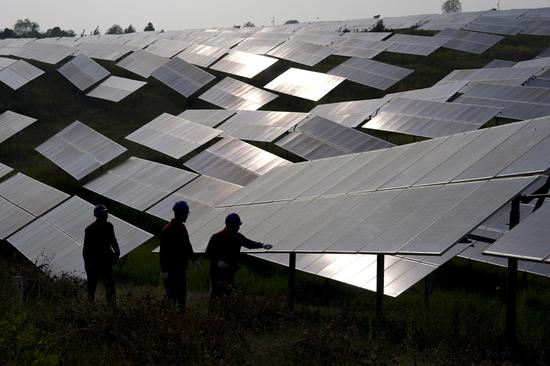





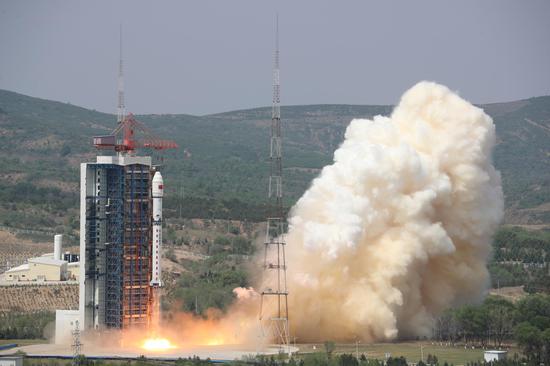






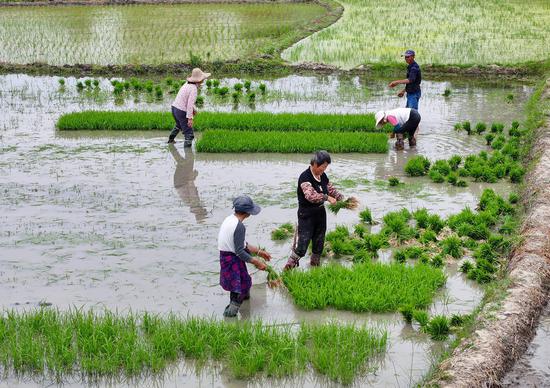





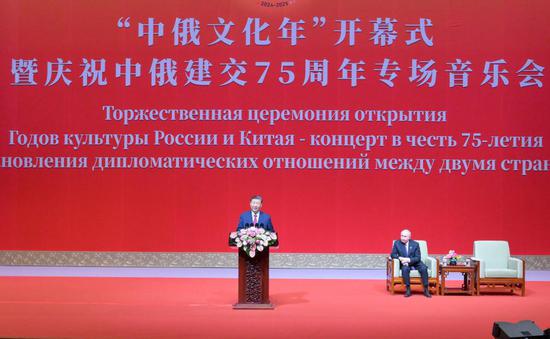













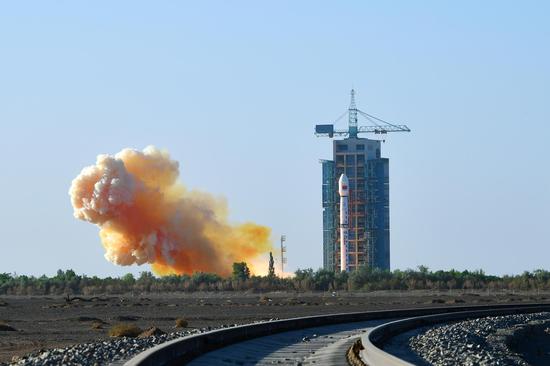







 京公网安备 11010202009201号
京公网安备 11010202009201号